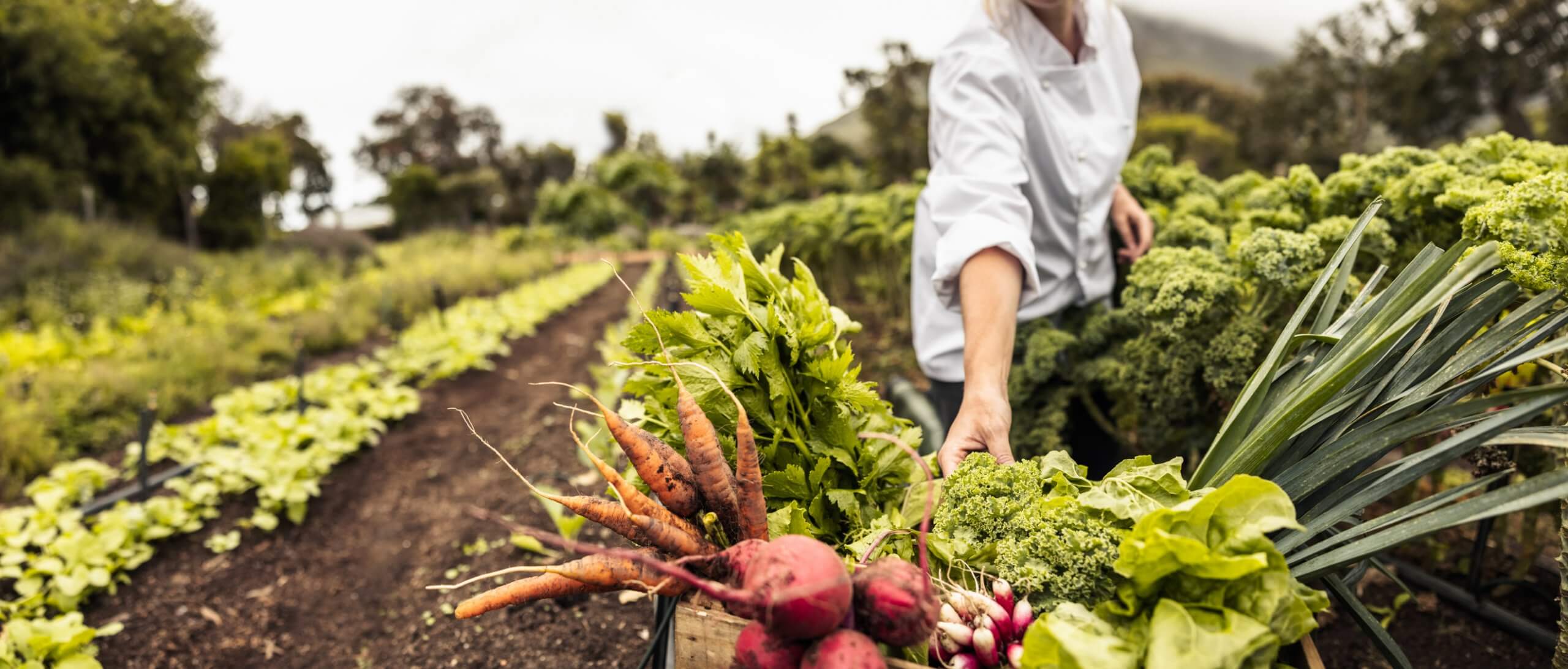What is sustainable agriculture, and why is it important? These are perhaps two of the most critical questions in the world of farming and sustainable practices. Sustainability is a complex idea in agriculture with many facets, including the economy. A sustainable farm should be a profitable business that contributes to a robust economy, deals fairly with its workers, and has a mutually beneficial relationship with the surrounding community.

The world’s population is growing at a rapid rate. The UN estimates that the number of people today will increase by 30% by 2050 (around 9.6 billion). Population growth significantly strains the planet’s land and water resources yearly. How can we sustain increasingly fragile ecosystems and meet today’s need for food and energy without jeopardizing the ability of future generations to meet theirs?
Environmental sustainability in agriculture means good stewardship of natural systems and resources. Sustainable agriculture involves building and maintaining healthy soil, managing water wisely, minimizing air, water, and climate pollution, and promoting biodiversity.
While contemporary agriculture produces many agricultural jobs and generates massive amounts of output within a harvest season, it comes with several devastating problems that require sustainable farming practices to remedy the mess.
Over decades of science and practice, several essential sustainable farming practices have emerged. For instance, they rotate crops and embrace diversity. Planting various crops can have many benefits, including healthier soil and improved pest control.

Now more than ever, it is essential that our agricultural practices be as sustainable as possible. It means getting more out of our cultivated land economically with a lighter environmental footprint. Many farmers today use agricultural biotechnology to help address food, fuel, and water shortages in the United States and worldwide. Since biotech crops started in 1996, farmers have been producing increased crop yields and seen productivity improvements. That means more food for people, more feed for animals at affordable prices, and better incomes for farmers. Biotech crops are also helping more people meet their nutritional needs, which is especially important in developing countries. They also offer farmers resistance to pests and crop disease.
Agricultural biotechnology is also helping farmers cope with drought and water shortages. Drought can mean a loss of a year’s harvest in a matter of weeks. It can devastate entire communities. Today’s biotech crops are often hardier and, as a result, use water more efficiently. In addition, drought-tolerant corn is available to farmers in parts of Asia where monsoons and floods can destroy an entire country’s rice harvest. Plant biotechnology may one day provide flood-tolerant rice that can withstand these extreme weather conditions.

Most people don’t know that the environment also benefits from biotechnology. In 1961, one acre of food crops was harvested globally for each person’s food supply. In 2006, that number decreased by over 50%, which means we’re feeding more people today on less land. Developing pest-resistant crops also means fewer pesticide applications are necessary, which helps further reduce agriculture’s environmental footprint. Biotech crops not only help feed the world’s population and conserve land, but they can also help us feel more sustainable.
The world’s growing population requires more energy, and that’s a fact. In 2006, the United States used nearly a quarter of the world’s oil supply alone. The International Energy Agency predicts that global energy use could increase by 50% between now and 2040, with most energy sourced from non-renewable fossil fuels. Therefore, it is becoming more apparent that serious reforms are required in the agricultural sector to ensure that our food system is ready to meet the challenges of the burgeoning world population. Specifically, we must shift our agriculture from the conservative industrial food system that has characterized food production for ages to sustainable farming.
Scientists have developed new sustainable energy sources, such as biofuels derived from high-yield renewable plants that can be converted into ethanol. Next-generation biofuels generated from biocatalysts will make an even more outstanding contribution to meeting tomorrow’s energy needs in the future.
Changing from a conventional industrial food system to sustainable agriculture can be quite promising for a planet bedeviled with droughts and challenges in energy demand in the long run.
 About Complete Controller® – America’s Bookkeeping Experts Complete Controller is the Nation’s Leader in virtual bookkeeping, providing service to businesses and households alike. Utilizing Complete Controller’s technology, clients gain access to a cloud platform where their QuickBooks™️ file, critical financial documents, and back-office tools are hosted in an efficient SSO environment. Complete Controller’s team of certified US-based accounting professionals provide bookkeeping, record storage, performance reporting, and controller services including training, cash-flow management, budgeting and forecasting, process and controls advisement, and bill-pay. With flat-rate service plans, Complete Controller is the most cost-effective expert accounting solution for business, family-office, trusts, and households of any size or complexity.
About Complete Controller® – America’s Bookkeeping Experts Complete Controller is the Nation’s Leader in virtual bookkeeping, providing service to businesses and households alike. Utilizing Complete Controller’s technology, clients gain access to a cloud platform where their QuickBooks™️ file, critical financial documents, and back-office tools are hosted in an efficient SSO environment. Complete Controller’s team of certified US-based accounting professionals provide bookkeeping, record storage, performance reporting, and controller services including training, cash-flow management, budgeting and forecasting, process and controls advisement, and bill-pay. With flat-rate service plans, Complete Controller is the most cost-effective expert accounting solution for business, family-office, trusts, and households of any size or complexity.




